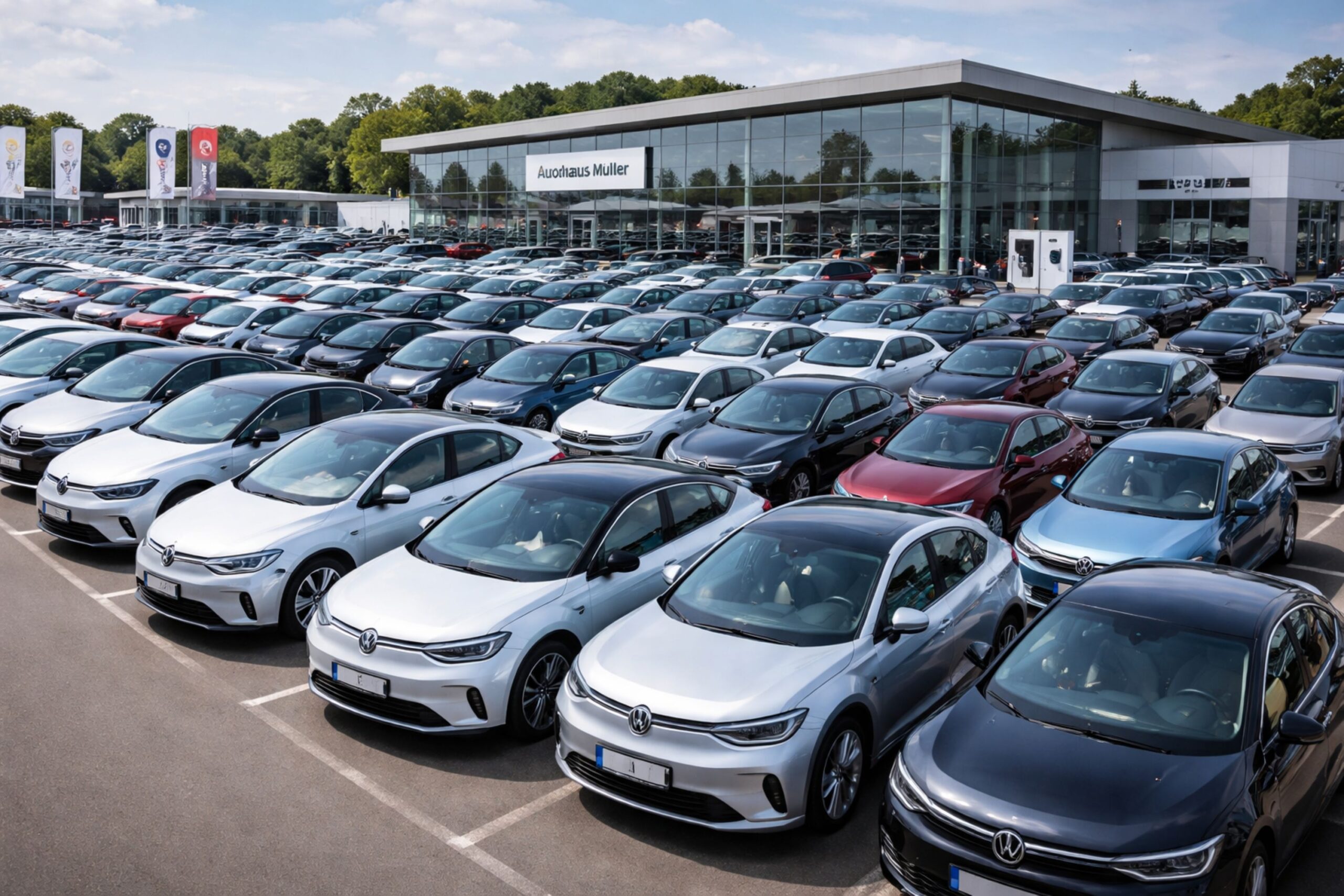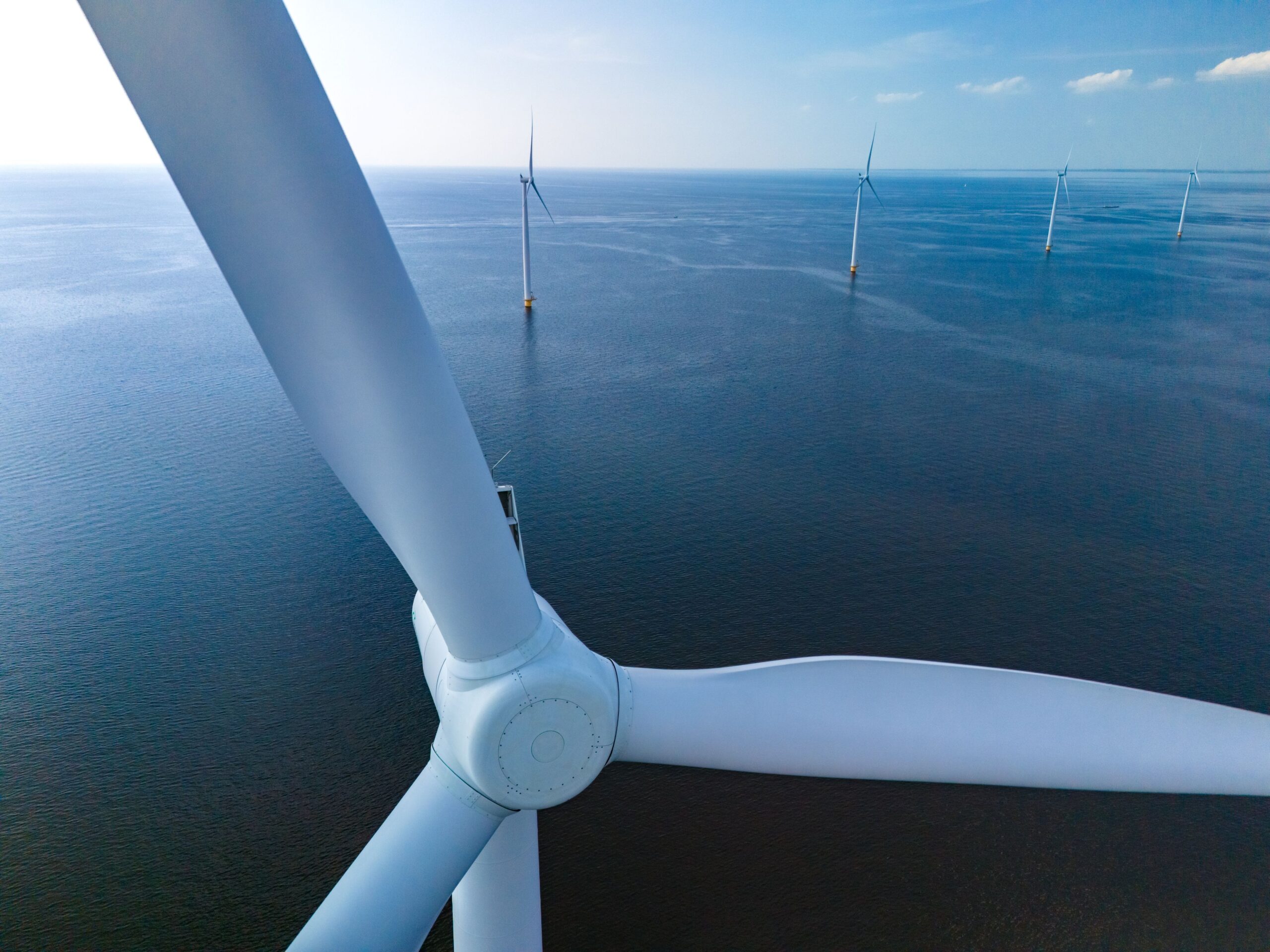-
No garage, no electric car – why the breakthrough in cities is not happening
The discussion about electromobility often seems more advanced in metropolitan areas than the market actually is. This is because rural areas, not cities, are the dominant region for private owners. The decisive factor is less enthusiasm for electric cars and more the practicalities of everyday charging – which often depends on owning a property with
-
Gas storage levels are far more critical than current headlines suggest
On February 12, 2026, the fill level of Germany’s gas storage facilities was only 25.60 percent. This brings into focus a threshold that is often misunderstood: 20 percent is not a political figure, but a hard physical limit. Many debates revolve around “how much” gas is still available, but in an emergency, what matters is
-
Bielefeld shuts down its hydrogen-powered garbage truck fleet – nearest filling station too far away
Bielefeld has decommissioned seven hydrogen-powered garbage trucks because the hydrogen refueling station they previously used in Rheda-Wiedenbrück has closed. Each refueling trip previously required a round trip of approximately 80 kilometers. With the station’s closure, the only alternative is a significantly longer refueling journey, disrupting regular operations. The fleet cost around 7 million euros, or
-
Expert report classifies Habeck’s “wind power turbo” as unconstitutional
A legal opinion has declared Section 2 of the Renewable Energy Sources Act (EEG) in its 2023 version unconstitutional because the then Minister of Economic Affairs, Habeck, effectively mandated that courts prioritize wind and solar power in cases involving fundamental rights conflicts with the “wind power turbocharger.” This is intended to replace an open, case-by-case
-
No April Fool’s joke – Ministry plans to measure fart levels in cows
No, it’s not April Fool’s Day, because the Ministry of the Environment is indeed planning a measurement program for cow methane directly in the barn. This is based on the draft of the 2026 climate protection program, which also includes a separate chapter on cattle farming. Sensors will record how much methane individual animals emit.
-
Cold wave in Finland – many wind turbines fail due to rotor icing
Finland’s wind power didn’t just collapse during the cold snap; in many places, it failed completely. The main reason is icing. Ice builds up on rotor blades, sensors, and anemometers, and even a thin layer renders the turbines inefficient. Operators then automatically shut down the turbines because of the risk of imbalance and ice throw.
-
Second year in a row decline in wind power production – despite increased expansion
Germany is experiencing its second consecutive decline in wind power generation, despite continued increases in installed capacity. At the end of 2023, approximately 68.9 GW of installed capacity was available, generating around 142 TWh. By the end of 2024, capacity had climbed to approximately 72.4 GW, but production fell to around 138 TWh. At the
-
The electric bus disaster – remote access, winter failures and fire risks in real-world operation
Electric bus fleets are considered key to the transportation revolution, but everyday reality paints a different picture. Operators struggle with reduced range, software problems, and long downtimes. At the same time, safety risks are increasing because modern vehicles are constantly networked, and there are suspicions that Chinese manufacturers have remote access to their systems. There
-
EU emissions trading as a brake on competition – why certificates weaken Europe’s industry
A shift in policy is emerging in Brussels because emissions trading, with its certificate costs, is increasingly squeezing industry dry. However, this change of thinking is coming far too late. The EU has been tightening the screws for years, while many countries outside Europe do not bear comparable burdens. This has put the competitiveness of
-
Small wind turbines – why physics often delivers sobering results
Small wind turbines are considered a complement to photovoltaics because wind can also generate electricity in winter and at night. Many projects start with this expectation, yet the actual yield often remains low. The reason is usually the physics and wind conditions at the site, not regulations or theoretical figures. (ingenieur: 09.02.26) Small wind turbines
-
Electric car subsidy ineffective – car dealers see no sales and fear a collapse in residual values
Car dealers have not yet registered a noticeable boost in sales due to the new electric car subsidy, and many buyers remain hesitant, as they expect clear rules and a reliable start. At the same time, there is growing concern that the subsidy will severely impact the used car market through further declines in residual
-
Reiche is changing the feed-in guarantee: Wind and solar projects should share the grid risk
The Ministry of Economic Affairs has received a draft amendment to the Energy Industry Act that aims to more closely link the expansion of wind and solar power to grid expansion. Regions would be considered capacity-limited if they regularly generate more renewable electricity than the distribution network can handle. Reiche’s goal is not a blanket
-
Merz begs for LNG in the Gulf – the government’s double standards when it comes to gas
Germany has enshrined its commitment to phasing out fossil gas in its political platform, yet Chancellor Friedrich Merz is courting LNG supply agreements in Saudi Arabia, Qatar, and the United Arab Emirates. This is precisely where the double standard lies, because while Russian gas was excluded using moral arguments, energy cooperation with authoritarian Gulf states
-
RWE halts offshore wind power project in France
RWE is completely abandoning its offshore wind power project in France. This move comes shortly after EnBW’s loss-making withdrawal from British offshore projects, which triggered a €1.2 billion write-down. This once again highlights how quickly offshore wind energy calculations can change when returns, subsidies, and policy remain unstable. (faz: 04.02.26) RWE withdraws from French offshore
-
After several fires and 100,000 replaced storage units – EnBW wants to separate from Senec
EnBW’s battery storage subsidiary Senec is once again under scrutiny due to fires and explosions involving Senec home storage systems in recent years. As a result, Senec replaced approximately 100,000 storage units for customers, according to the company, incurring costs in the “hundreds of millions.” EnBW is now examining several options, including continuation of the















